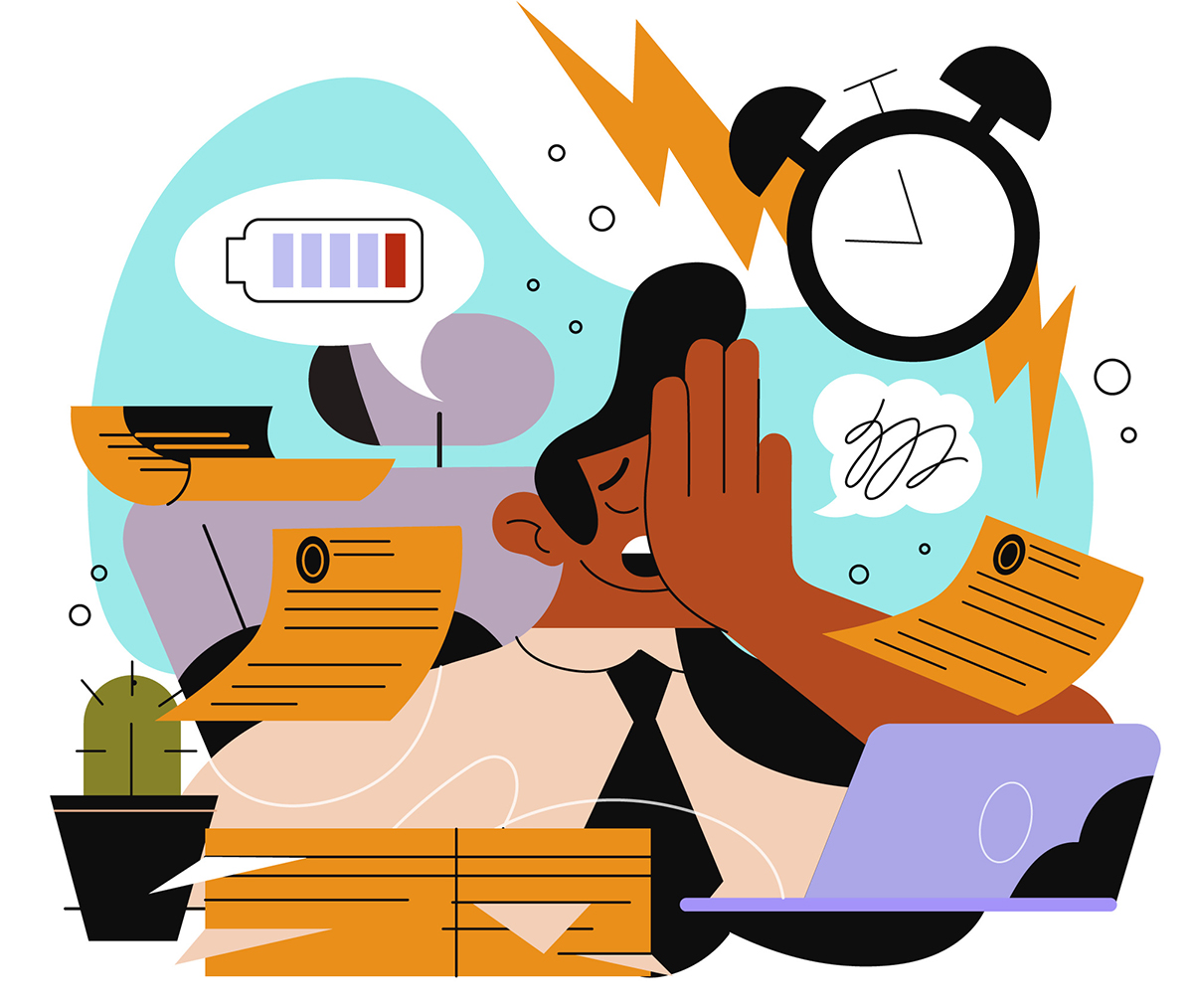The Importance of Soft Skills in the Modern Workplace
By Maria Forbes
September 25, 2020
Employees are your company’s most valuable resource. They carry out the tasks that allow your company to generate revenue. Some employees, however, are more productive and efficient than others. When recruiting new employees, you should pay close attention to their respective soft skills. While hard skills are undoubtedly important, soft skills are equally critical. What are soft skills, and why are they influential in the modern workplace?
What Are Soft Skills?
Soft skills are non-technical interpersonal skills that affect an employee’s personality, core values, and natural or innate abilities. Soft skills influence how a person communicates and navigates day to day. Nearly all jobs in the modern workplace rely on good communication skills. Employees must communicate with their coworkers, managers, clients, vendors and a myriad of other contacts by phone, email and video conference. Regardless of the method, employees must communicate effectively in order to successfully perform their roles. Communication is not a one style fits all effort. The natural and learned abilities to communicate at work must be understood among teams and well-aligned with the expectations of direct supervisors.
Soft skills, the personal traits and characteristics that determine how well an employee works with others, are a competitive advantage in the workplace. Employees with excellent soft skills are able to communicate, negotiate, mange emotions, and collaborate more effectively than their counterparts. Soft skills provide important indicators of how employees feel and perform. Consider these common aspects of soft skills.
Common examples of soft skills:
- Punctuality
- Public speaking
- Dependability
- Leadership
- Listening
- Acceptance of feedback
- Emotional intelligence
- Teamwork
- Open-mindedness
- Work ethic
- Innovation
- Creativity
- Self-confidence
- Positive outlook
Soft Skills vs Hard Skills: What You Should Know
As we plan for team expansion, we must consider both hard and soft skills. Like soft skills, hard skills are easier to identify. They include what you know and the skills you have learned. Hard skills will determine whether a person is qualified for a role, and they will affect an employee’s performance. Unlike soft skills, hard skills can be learned through technical training. Employees can accumulate more knowledge and expertise through education and training.
Success in a role require both hard and soft skills. A cybersecurity analyst, for instance, will likely need to know how to evaluate a customer’s network for cybersecurity vulnerabilities. This is considered a hard skill because it’s a technical and learnable skill. Soft skills, on the other hand, would help this analyst to gather deeper information from a client, create a trust relationship, and retain the relationship.

Why Soft Skills Matter in Business
Soft skills are important for many reasons. As previously mentioned, they determine how employees communicate. Communication and productivity are intrinsically connected to business success. A culture of strong soft skills enable employees to contribute beyond day to day technical work. Developed soft skills will fuel effective information sharing, process development and team collaboration. Research conducted by Stanford University found that 75% of job success comes from the right mix of soft skills, compared to 25% from hard skills.
Another reason to consider soft skills as a business advantage is their effect on morale. An employee’s personality can influence the morale of his or her coworkers. As we work to help clients plan for, and implement change, we keep a share eye on the level of engagement for every role. We find that employees with excellent soft skills tend to have a positive influence on co-workers, their mindset can be uplifting to those around them, making change less stressful. We refer to employees with highly developed soft skills as ambassadors for growth.
All employees can benefit from excellent soft skills. Regardless of their role in the company, soft skills will improve personal ability to leverage their contribution to company growth. Employers that rely exclusively on hard skills, knowledge and expertise, realize more limited business benefit.
Soft skills can even affect how customers perceive a company’s brand. Employees are a representatives of your brand. Lesser developed soft skills can negatively affect your reputation in your marketplace. Employee cultures with poor development of soft skills lack the personality traits and characteristics needed to attract, engage, and retain clients.
How to Find Employees with Excellent Soft Skills
Many employers struggle to find employees with excellent soft skills. According to a survey conducted by LinkedIn, nearly six in ten employers said it’s difficult to find employees with strong soft skills. Since they are natural abilities, the hiring process must include data gathering that provides insights to soft skill development. Soft skills generally don’t show up on resumes and job applications. Fortunately, there are a few things you can do to find candidates with excellent soft skills.
When interviewing a candidate for a job opening, pay attention to his or her personality. Don’t look at a resume and job application as the only data necessary for a successful match. Instead, observe the candidate’s demeanor and personality. You can also ask candidates open-ended questions to better gauge their soft skills. Allowing candidates to talk will naturally reveal their natural abilities.
Your company needs employees with both hard and soft skills. Expand the hiring and development database to include more than knowledge and experience. Look for both hard and soft skills proficiencies.




